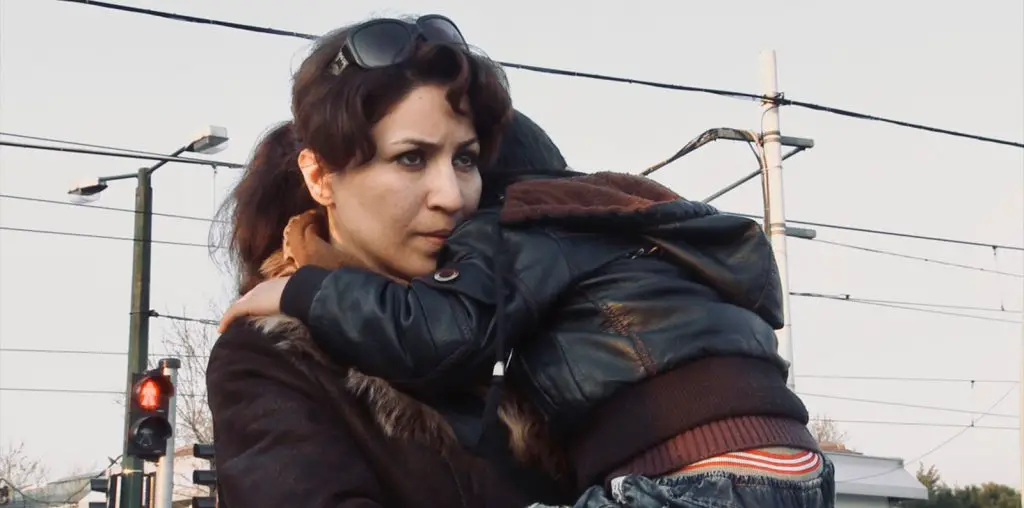
Jorge Gaggero’s “Live-in Maid” is an unexpectly affectionate study of friendship between two very different Argentinian women who come from two different social classes. One class is condescending and demanding of the other, causing the expected resentment in return. But this isn’t a simplicistic film with obvious generalizations—it’s a study of speciffic women in specific places who find themselves thrown in new paths wildly divergent from the lives they know.
Norma Aleandro and Norma Argentina star as Beba and her maid Dora, respectively. The two strong performances come from one seasoned actor, Aleandro, who has been acting for 50 years in films like 1985’s Oscar-winning “The Official Story,” and one unknown, Argentina, who makes her cinematic debut at 57 with the confidence of a seasoned veteran. A businesswoman from an upper-middle-class family, Beba has gone downhill with the Buenos Aires economy, both in terms of money and sobriety. Drinking the time and little money away with whiskey when not trying to scrounge cash at the pawn shop or through beauty cream schemes, she has gone months without paying Dora, the maid who has been living with her for almost 30 years.
Completely incapable of handling simple household duties herself after a life of being waited on, Beba can’t function without a maid. It’s hard not to think of a mother-child relationship when Beba cuts her foot and Dora tends to her wound. She even whines that it will sting when Dora prepares to clean it. Beba isn’t equipped to let go of her higher status, but it grows apparent that she’s not going to come back into money any time soon. Argentina’s face conveys a range of emotions as Dora deals with her boss’s insulting behavior and drift into alcoholism without the consolation of pay, yet still harbors some desire to help her.
Writer/director Gaggero, who previously made three shorts including 2002’s “The Secret Sea,” has an impressive knack for unexpected storytelling. Not only are details and background information revealed naturally and gradually, but they each arrive at a time that gives new layers to the characters.
The storytelling is at times amazingly efficient. In one scene, Dora answers the phone when Beba’s daughter calls, and the affection she has for this girl she raised is obvious. This is not just a job, and even as her boss neglects and mistreats her, Dora loves these people whom she spent most of her life serving, although they don’t always deserve it.
Gaggero also pulls off some impressive compositions (and one split-screen sequence), using the walls, doorways and halls of Beba’s condo to divide the frame and characters into different sections and communicate the separation of two people in the same living space. In one emotionally painful scene, Beba holds a dinner party to try to sell some beauty products to her friends, and Dora realizes that the samples Beba gave her involved alterior motives. She moves from the table into the foreground while getting drinks and preparing thing for the table, and the hurt on her degraded face is devastating.
Gaggero has made one of the strongest world cinema films of the festival and is clearly a director with a strong sense of characters, visuals and acting who has a promising future.


